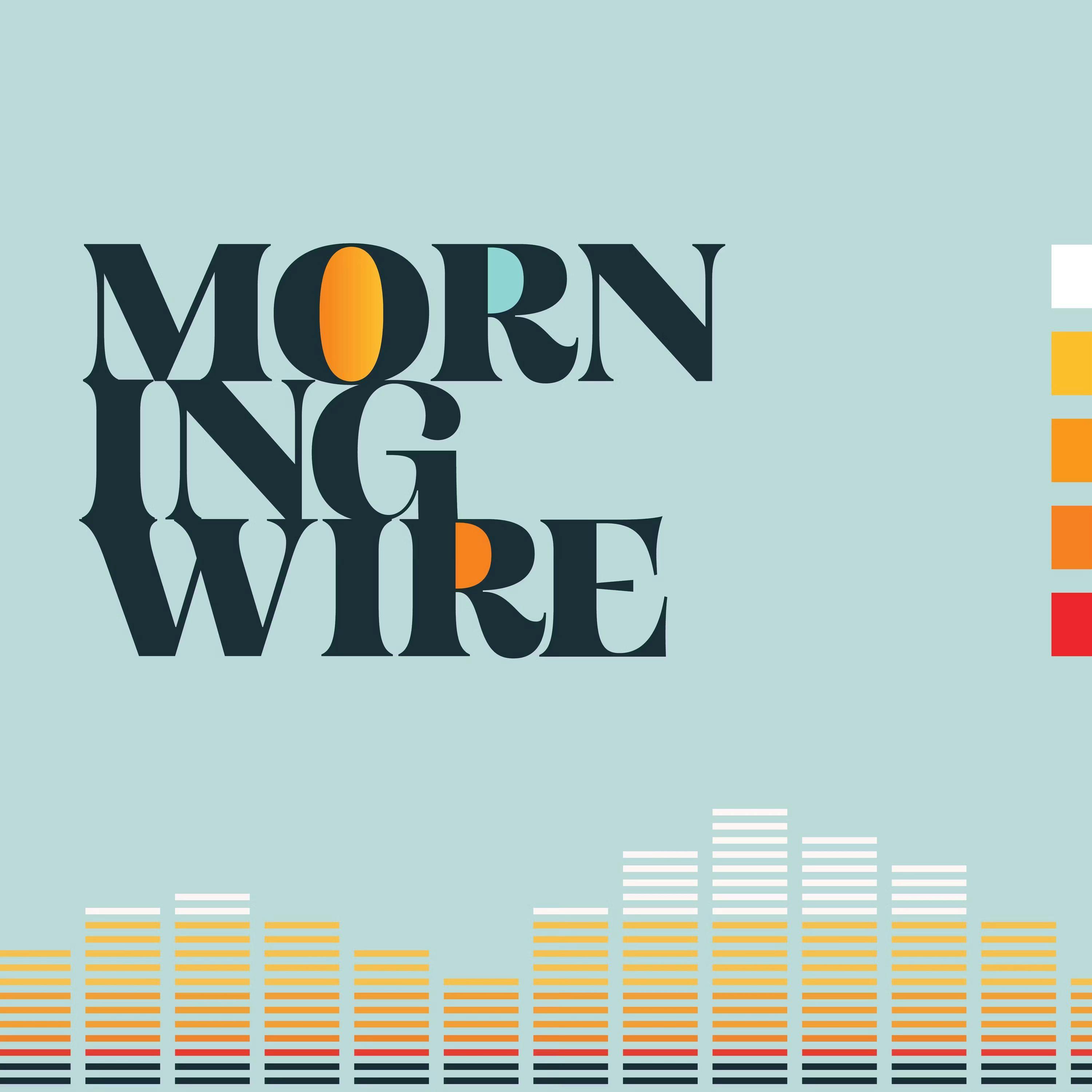Was Christopher Columbus A Great Man? With Michael Knowles
Columbus Day was once almost universally celebrated by Americans – but in recent decades, a growing number on the Left have sought to erase him from the calendar. According to Daily Wire host and resident Columbus expert, Michael Knowles, Columbus ought to be celebrated. Knowles joins the show to discuss the legacy of the world’s greatest explorer.
- - -
Wake up with new Morning Wire merch: https://bit.ly/4lIubt3
- - -
Today's Sponsor:
Shopify - Go to https://Shopify.com/morningwire to sign up for your $1-per-month trial period and upgrade your selling today.
- - -
Privacy Policy: https://www.dailywire.com/privacy
morning wire,morning wire podcast,the morning wire podcast,Georgia Howe,John Bickley,daily wire podcast,podcast,news podcast
Learn more about your ad choices. Visit megaphone.fm/adchoices
- - -
Wake up with new Morning Wire merch: https://bit.ly/4lIubt3
- - -
Today's Sponsor:
Shopify - Go to https://Shopify.com/morningwire to sign up for your $1-per-month trial period and upgrade your selling today.
- - -
Privacy Policy: https://www.dailywire.com/privacy
morning wire,morning wire podcast,the morning wire podcast,Georgia Howe,John Bickley,daily wire podcast,podcast,news podcast
Learn more about your ad choices. Visit megaphone.fm/adchoices
Press play and read along
Transcript
Transcript is processing—check back soon.
Morning Wire — Was Christopher Columbus A Great Man? With Michael Knowles

